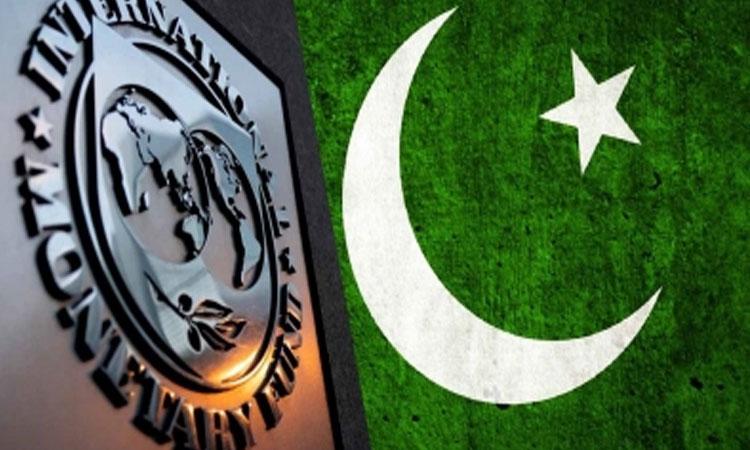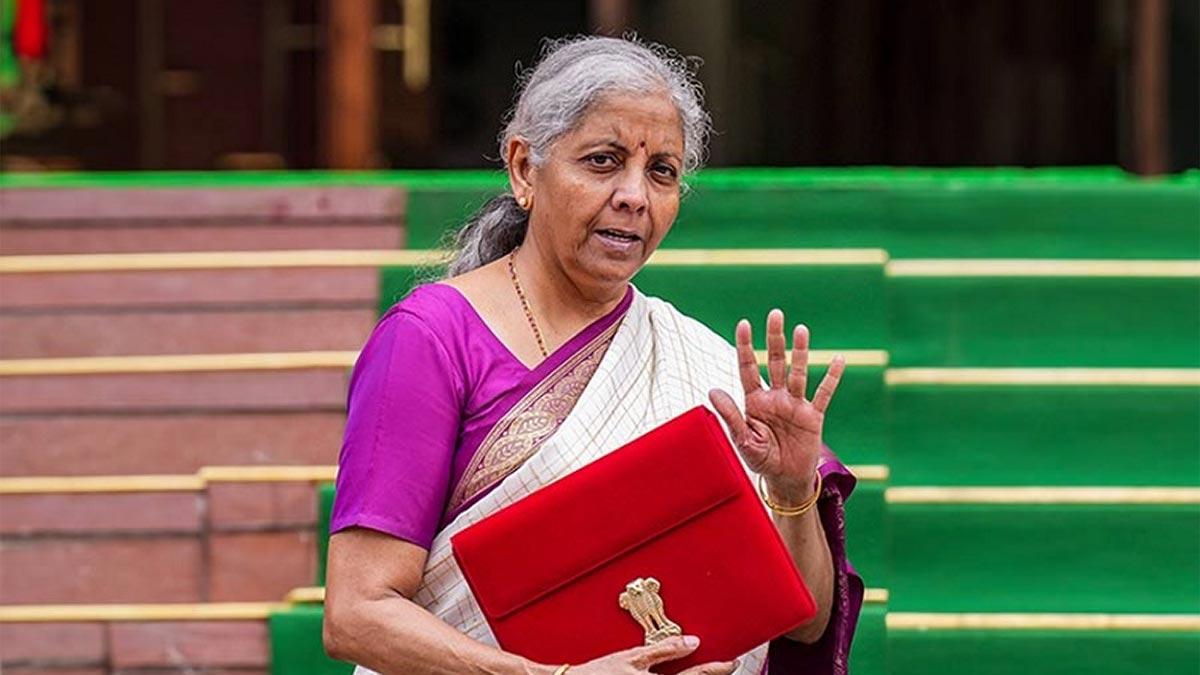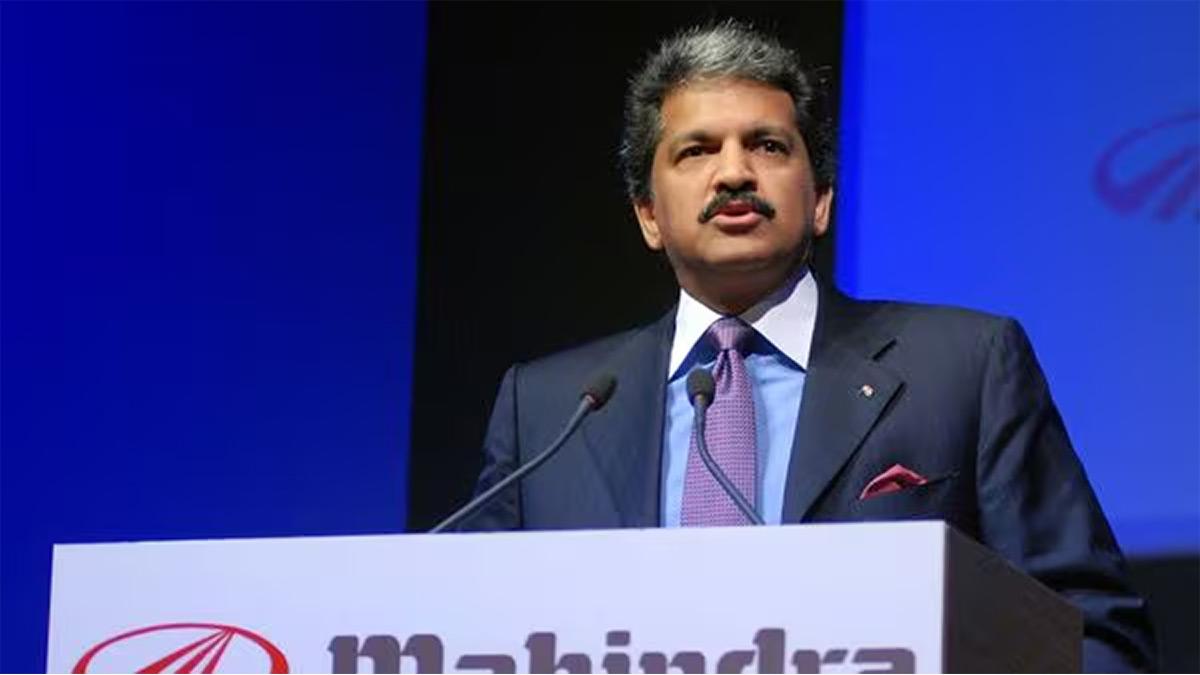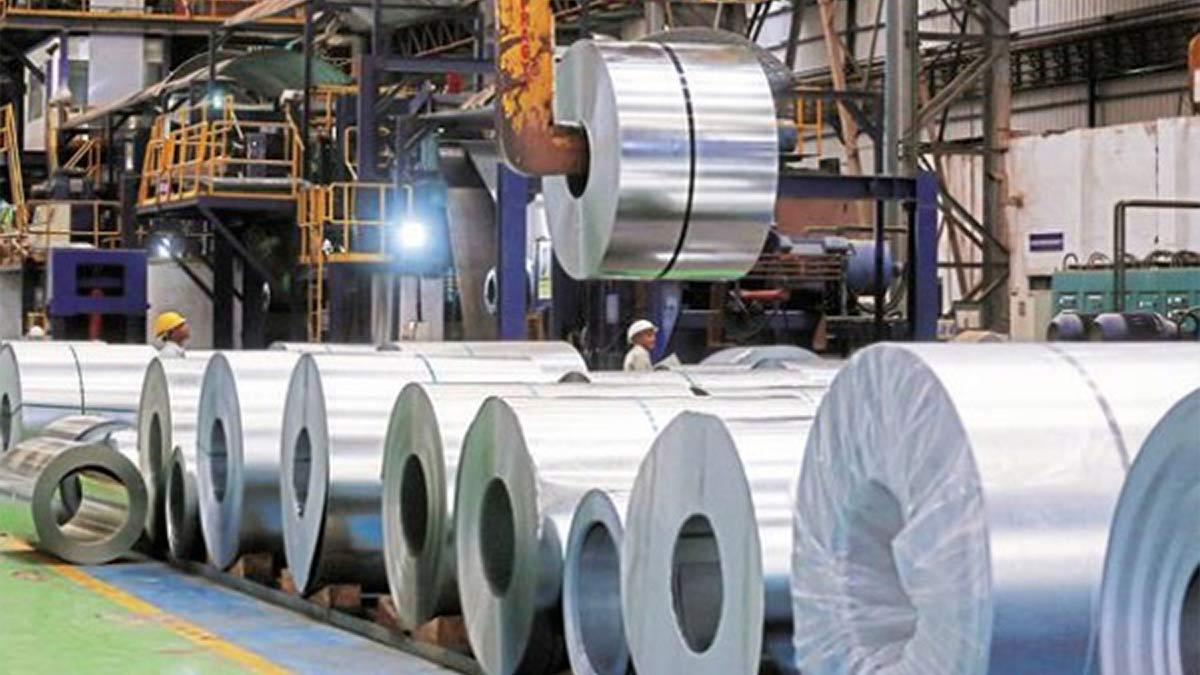Pakistan keeps going to the International Monetary Fund (IMF) again and again. A whopping number of 23 programmes clearly suggests that Pakistan is addicted to the Fund's tough love.
"In fact, we are the IMF's most loyal customer," said Murtaza Syed, former Deputy Governor of the State Bank of Pakistan.
Argentina, with 21 programmes, comes second.
"In contrast, our midnight twin India has only been to the IMF seven times and never since the landmark Manmohan Rao reforms of 1991," Syed said, Geo News reported.
Also read |Early signs of market breakdown are here
Running to the global emergency ward 23 times in 75 years is no way to run a country, he added.
"Pakistan has less than $3 billion in foreign exchange reserves today. Our reserves have never exceeded $21 billion in our history. Bangladesh has around $35 billion, India has around $600 billion and China has around $4 trillion. Since the early 1990s, Pakistan has had 11 IMF programmes. Bangladesh has had three. India and China have had none," Syed said.
Pakistan's economy has been in crisis for months, predating the summer's catastrophic floods. Inflation is backbreaking, the rupee's value has fallen sharply, and its foreign reserves have now dropped raising the possibility of default, economist Madiha Afzal wrote for Brookings.
An economic crisis comes around every few years in Pakistan, borne out of an economy that doesn't produce enough and spends too much, and is thus reliant on external debt. Every successive crisis is worse as the debt bill gets larger and payments become due. This year, internal political instability and the flooding catastrophe have worsened it. There is a significant external element to the crisis as well, with rising global food and fuel prices in the wake of Russia's war in Ukraine. The combination of all these factors has spelled perhaps the greatest economic challenge Pakistan has ever seen, Afzal said.
Also read |G20 Finance Ministers' meet ends without consensus on Ukraine conflict
Pakistan must repay $73 billion by 2025, according to Topline Securities, a Pakistani stockbroker, as per a report in the Wall Street Journal (WSJ).
Experts say it can't meet that obligation, meaning that even if it gets back in the IMF programme, it will still need to negotiate a debt restructuring further down the line. Such a process is a default of sorts, as it involves negotiating debt forgiveness and rescheduling of repayments, WSJ reported.
Elections have to be held by October, according to Pakistan's constitution, so any debt restructuring would be likely to be undertaken by the next government. Unlike Sri Lanka, relatively little of the country's debt is owed to foreign bondholders, making a restructuring simpler. Around one-third of the external debt is owed to close ally China, WSJ reported.
Charles Robertson, global chief economist at Renaissance Capital, an emerging markets investment bank, said that Pakistan's debt servicing burden put it in the same category as some developing countries which have already defaulted, such as Sri Lanka, and others vulnerable to default, like Egypt, WSJ reported.
"Pakistan will struggle to get through this year. A default looks likely but it is not a given," said Robertson, adding, "Pakistan could still take measures to resolve the situation."
China chose Pakistan - one of its closest allies, with deep military ties and a common rival in India - as a showcase of its investment in developing nations. Beijing has spent about $25 billion here on roads, power plants and a port, WSJ reported.


















